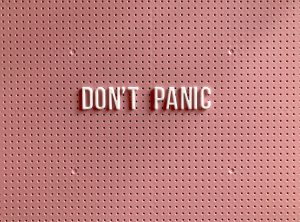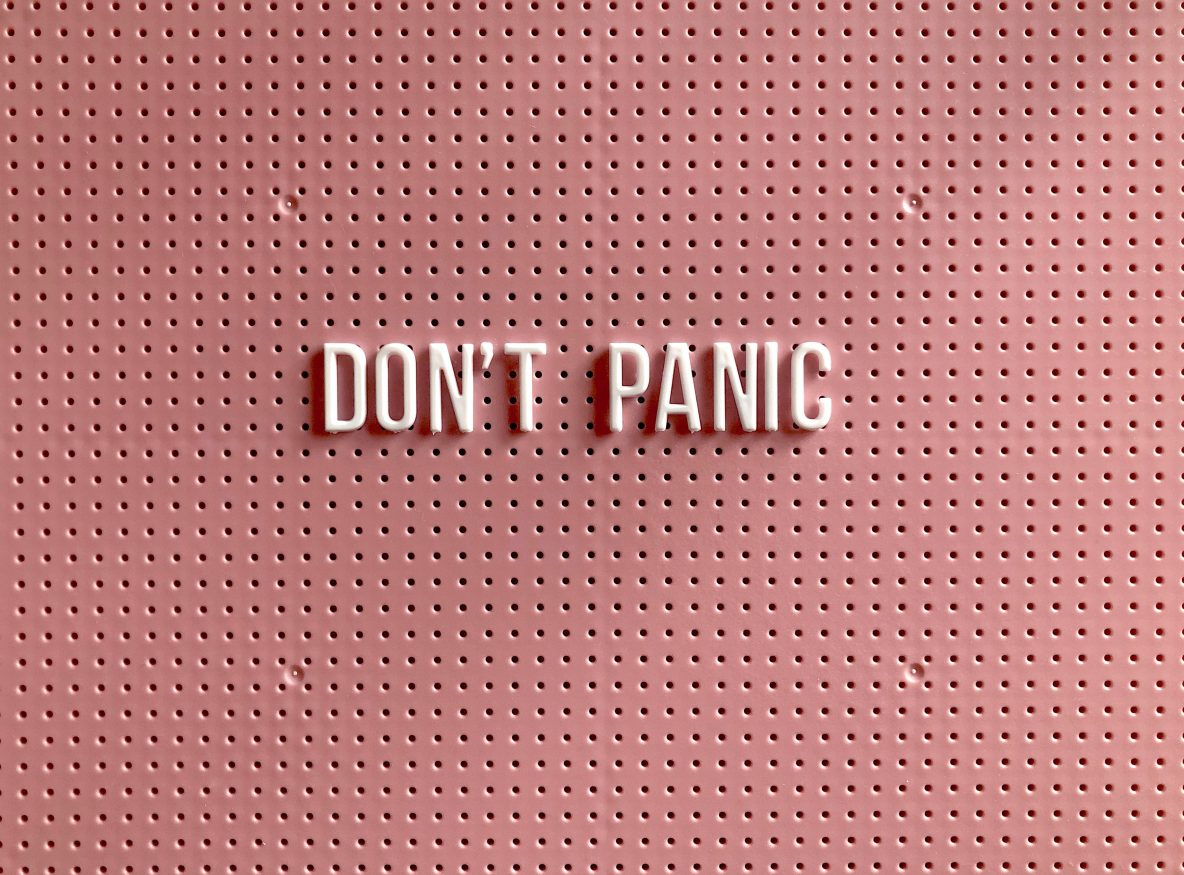
Facing Fear: How to Stop Letting Anxiety Hold You Back
Fear. It’s a powerful emotion, one that often holds more influence over our lives than we’d like to admit. Whether it’s fear of failure, judgement or the unknown, it has a way of stopping us in our tracks, talking us out of taking chances, and keeping us firmly rooted in our comfort zones.
But what is fear? It’s just an emotion. It’s not a fact. It’s not a prediction of what’s to come. It’s a feeling – and one we can learn to understand, manage and overcome.
Why Do We Feel Fear?
Fear isn’t in itself bad. It’s our brain’s way of keeping us safe, alerting us to potential danger – fight or flight. But unlike our ancestors, who faced fearful life or death situations on an almost daily basis, fear often shows up not when we’re in actual danger, but when we’re about to do something new, challenging or important. Such as applying for a job. Speaking in public. Sitting an exam. Launching a new project. Even just being our authentic selves.
We also learn fear from others often without even realising it. But there is good news. Just as fear can be learned, it can also be unlearned.
Fear and Anxiety: The Unhelpful Duo
Fear and anxiety are closely linked. Fear is often about something specific in the present moment, while anxiety is future-focused – the “what ifs” and worst-case scenarios our minds love to conjure up.
Together, they can form a powerful barrier to growth. They make you second-guess yourself. They make you delay, avoid and rationalise why “now isn’t the right time.” They convince you that staying in your comfort zone is the safest, most sensible option.
But staying there too long? Now isn’t ever the right time and that’s how we get stuck.
Time to Step Out of the Safety Zone
Your comfort zone might feel safe, but it can also become a cage. The key to change lies in recognising when fear is restricting you and then choosing to take small, brave steps anyway.
Start by asking:
- What exactly am I afraid of?
- Is this fear rational or imagined?
- What’s the worst that could happen – and how would I handle it?
You don’t need to take drastic action. You just need to take one small step forward. Action builds confidence. Confidence builds momentum.
Fear in Focus: Exam Anxiety
Exam time is a perfect example of fear and anxiety in action. That’s particularly true for students but fear rears its head for many of us when faced with exams of any kind. The pressure, the expectations, the fear of failure can be overwhelming. But there are practical, proven ways to manage this kind of anxiety:
- Reframe the fear: Instead of seeing exams as threats, see them as opportunities to show what you know.
- Slow down: Read questions slowly – and twice. Break them down into manageable parts.
- Plan ahead: Set up a revision timetable well in advance so you’re not trying to cram everything in last minute.
- Practice coping techniques: Deep breathing, positive self-talk and mindfulness can all help quiet a racing mind. Remember to stop, pause and breathe!
Coping with exam fear isn’t just about passing a test. It’s also about building resilience for the future, especially when facing school exams.
Time to Give It a Go?
Fear is always going to feature in our lives but it doesn’t have to take control and be in the driver’s seat.
When you recognise it for what it is, question what it’s telling you and then take small, consistent steps outside your comfort zone, you begin to rewrite your relationship with fear. And in doing so, you open the door to growth, confidence and possibility.
You can talk to me about any fears that are holding you back. Never feel that your fears are irrational – if they affect you and make you anxious, they need to be addressed and worked around. I know it can be overwhelming to do this yourself as fear and anxiety can be crippling. Take that first step and reach out. Simply talking about your fears can be hugely beneficial.
You don’t have to feel ready. You just have to start. Contact me today.

